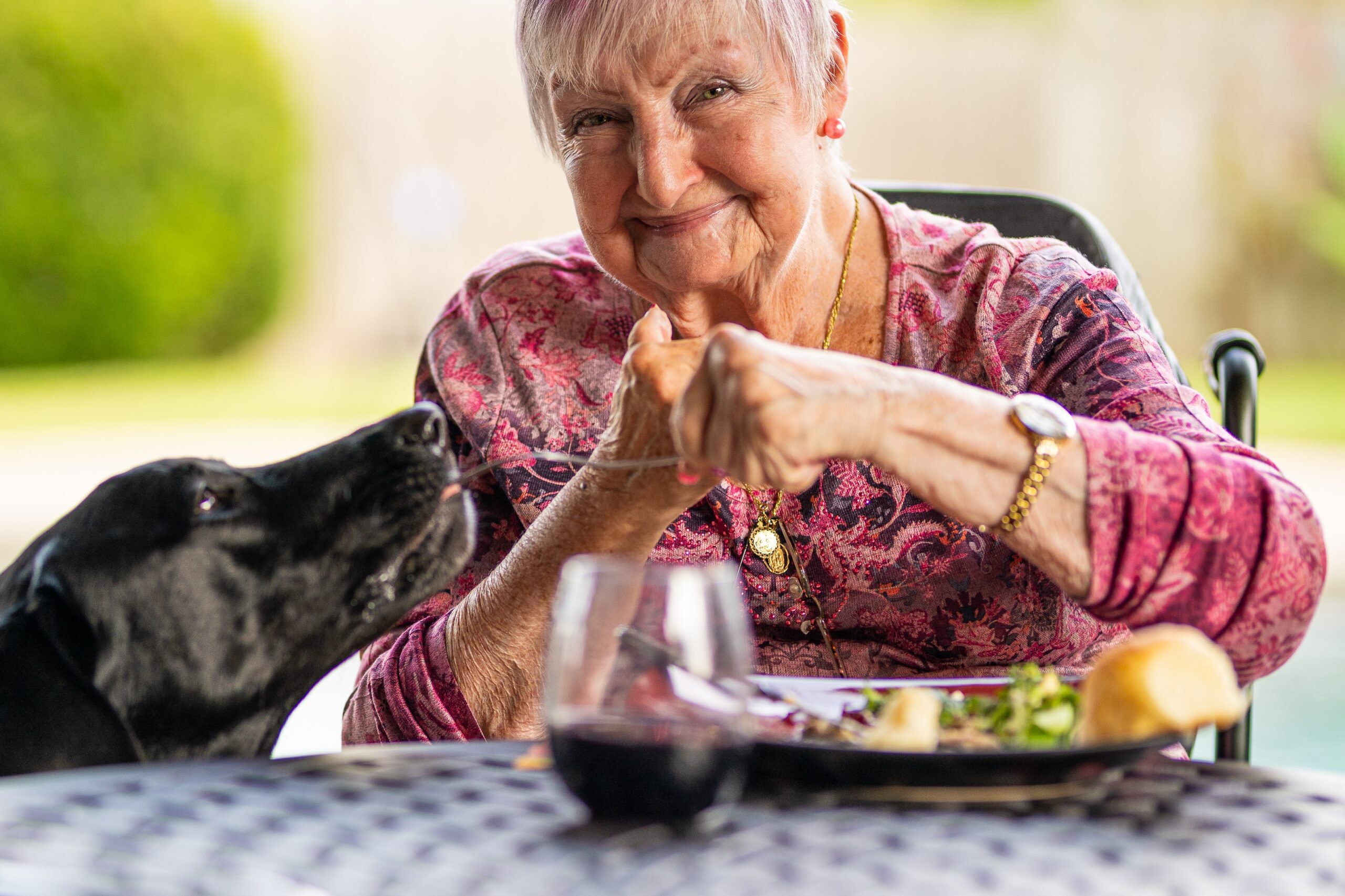Skilled nursing facilities (SNFs) are crucial in caring for individuals with diverse medical needs. While the focus is often on medical interventions and therapeutic treatments, the dining experience within SNFs is an aspect that significantly influences residents’ quality of life.
The Current State of Dining in SNFs
Traditionally, dining in SNFs has been more about meeting nutritional requirements than providing an enjoyable and dignified experience. Generic menus, rigid meal schedules, and a lack of attention to individual preferences have been the norm. The institutionalized approach to dining, focusing solely on sustenance, overlooks the emotional and social dimensions of food, contributing to a sense of depersonalization among residents.
Impact on Quality of Life
The dining experience is integral to one’s quality of life, and this holds especially true for residents in SNFs. Beyond addressing nutritional needs, meals offer an opportunity for social interaction, sensory enjoyment, and a connection to personal and cultural preferences. When residents are confined to a rigid dining routine with little consideration for individual choices, it can lead to a decline in their overall well-being. Loneliness and isolation are common challenges faced by individuals in SNFs, and the communal act of dining can serve as a powerful antidote.
The Role of Dignity in Dining
Dignity is a fundamental aspect of quality care, and it should extend to every facet of a resident’s life, including mealtime. The current institutional approach often undermines this sense of dignity. Residents might feel disempowered when they have little say in what, when, and how they eat. Empowering residents with choices, considering their preferences, and involving them in mealtime decisions can enhance their sense of autonomy and dignity.
Implementing Change: A Person-Centered Approach
To bring about a dining culture change in SNFs, a person-centered approach is essential. This involves tailoring the dining experience to meet the individual needs and preferences of each resident. Here are some key strategies for implementing this change:
Customized Menus
Introduce more varied and customizable menus that cater to diverse tastes and dietary requirements. This not only addresses the nutritional needs of residents but also provides a more enjoyable dining experience.
Flexible Dining Schedules
Move away from rigid meal schedules and allow for more flexibility. This enables residents to have meals at times that align with their personal preferences, promoting a sense of normalcy.
Social Dining Spaces
Create inviting and comfortable dining spaces that encourage social interaction. Mealtime can be an opportunity for residents to connect, share stories, and build a sense of community.
Staff Training
Provide training for staff members to emphasize the importance of person-centered care in the dining setting. This includes active listening, understanding individual preferences, and fostering a positive and respectful atmosphere.
Incorporate Cultural Sensitivity
Recognize and respect the cultural backgrounds of residents in menu planning and dining practices. This not only enhances the dining experience but also acknowledges the importance of cultural identity in overall well-being.
Embracing flexibility, customization, and a focus on dignity allows SNFs to create an environment where residents not only receive the care they need but also enjoy a richer and more fulfilling life during their stay.





